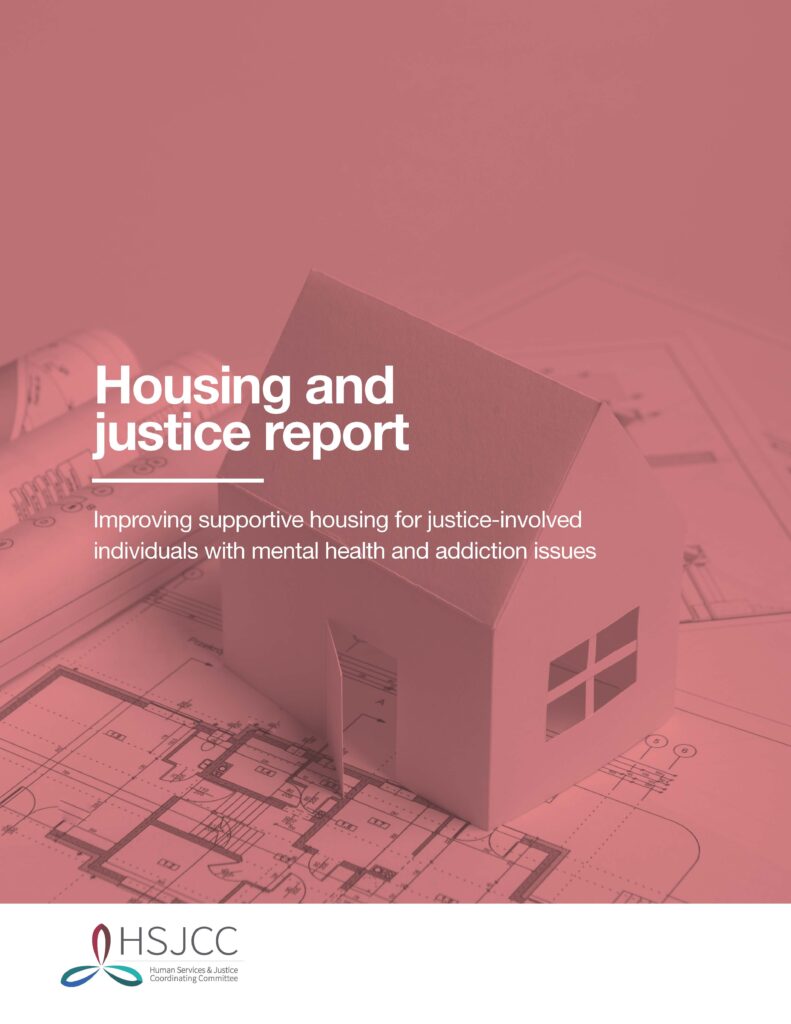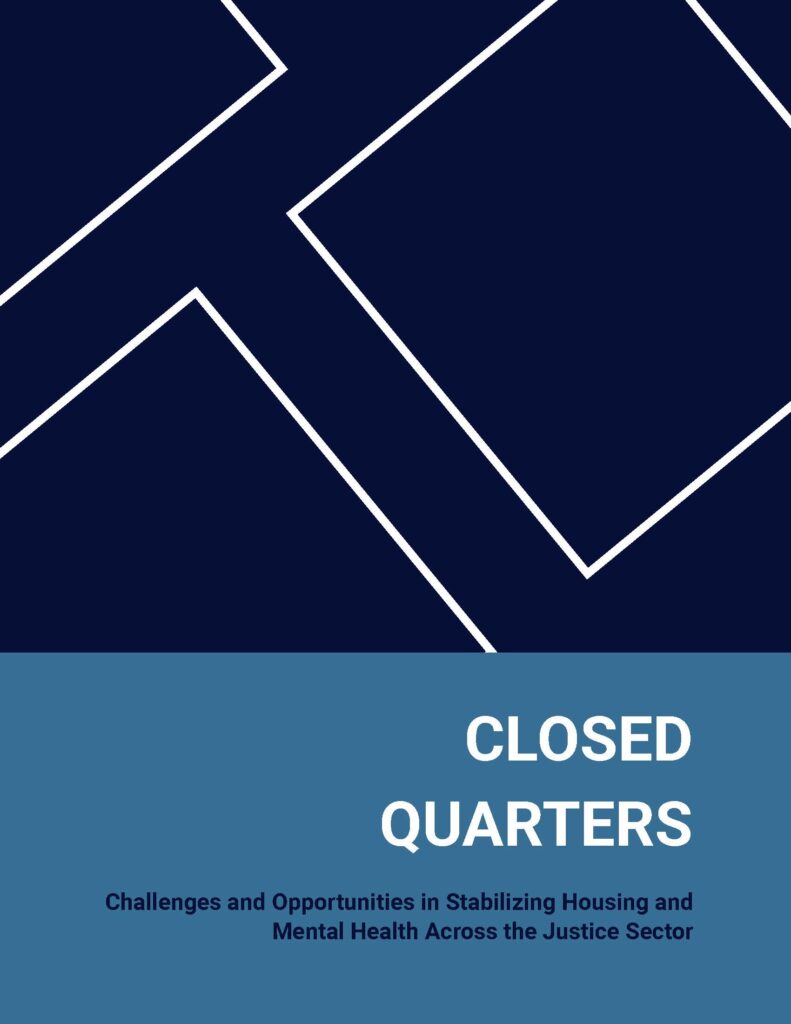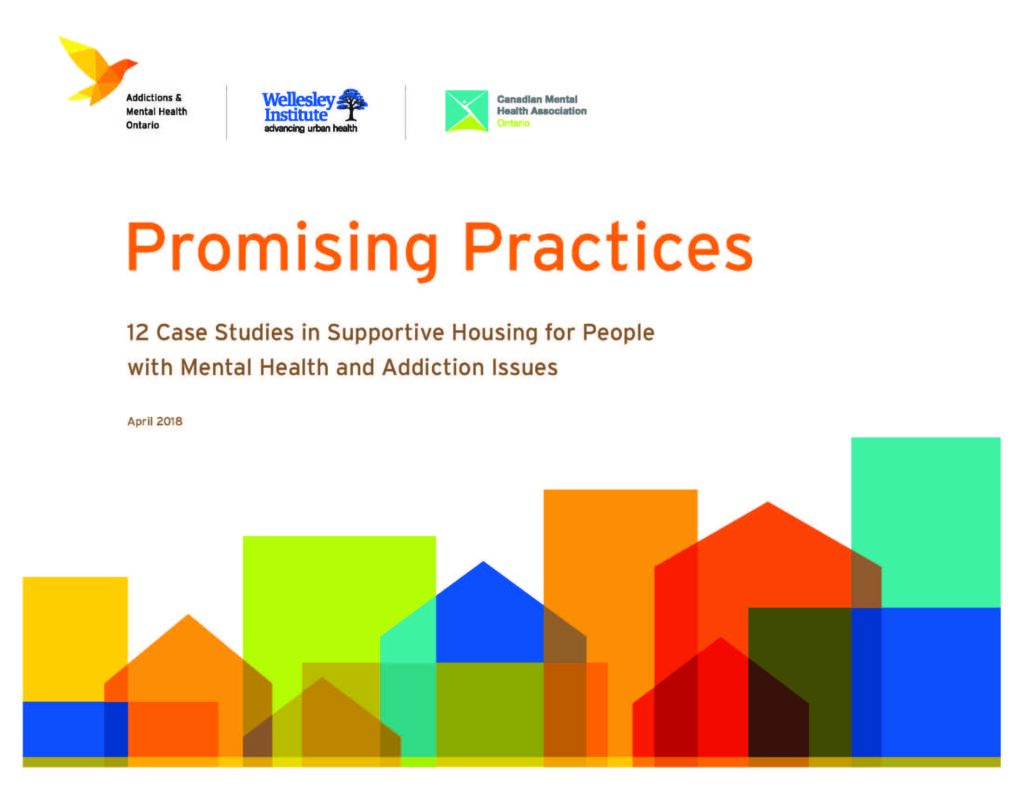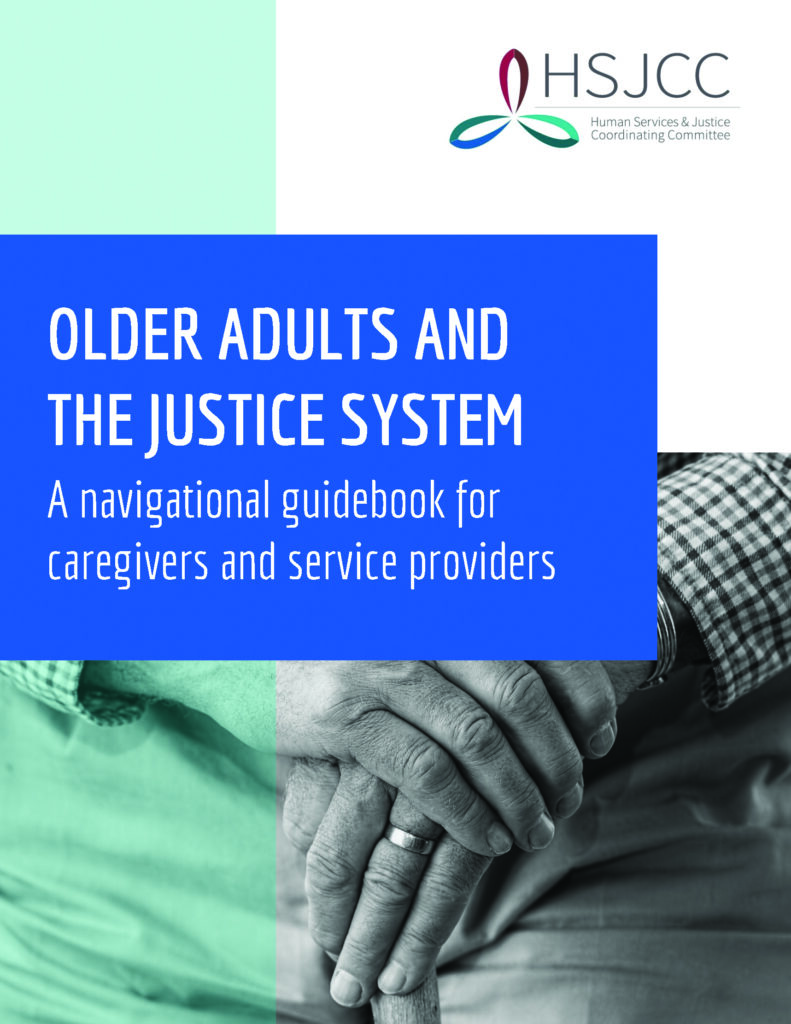Provincial HSJCC Housing and Justice Report
Improving supportive housing for justice-involved individuals with mental health and addiction issues
Read the full housing and justice report
Download the summary of key themes and recommendations
About the housing and justice report
A new report by Ontario’s leading experts on housing, justice, and mental health and addictions has outlined how existing supportive housing could more effectively meet the needs of justice-involved individuals and reduce strain on the health and justice systems.
The Provincial Human Services and Justice Coordinating Committee (P-HSJCC)’s Housing and justice report: Improving supportive housing for justice-involved individuals with mental health and addiction issues recaps key themes that emerged from a provincial housing and justice forum in February 2020 and makes six recommendations for immediate action to improve access, service delivery and provincial ministry-level policy related to supportive housing.
During the February forum, human services, housing and justice leaders and individuals with lived experience identified six core areas of need in the system, including: available and accessible core services; increased communication, co-operation and collaboration among the sectors; continuity of care/consistent discharge planning; increased education and training for service providers; increased access to legal support services for justice-involved individuals; and increased housing supply.
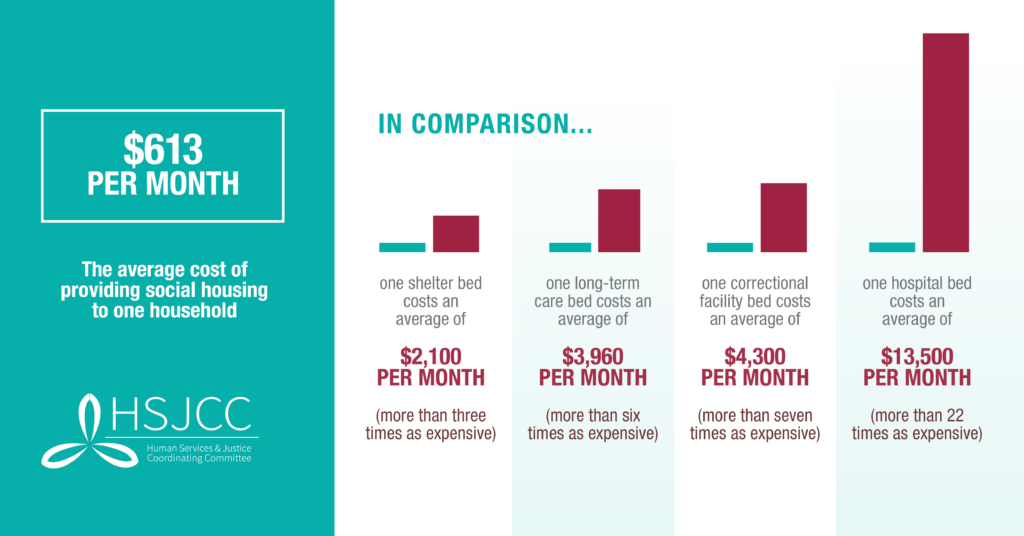
COVID-19 has since underscored these issues. To limit spread in correctional institutions, many non-violent individuals have been released from custody, but often without plans or the necessary tools in place to support their reintegration to society. A lack of discharge plans, especially for those on remand, is putting these individuals at additional risk of negative outcomes. This has put considerable strain on mental health and addictions, justice and housing supports in communities across the province with correctional institutions.
“The P-HSJCC as well as local and regional HSJCCs across Ontario urge the province to take immediate, targeted steps to ensure justice-involved individuals with mental health and addictions issues have access to safe, affordable and stable housing wherever they’re being discharged,” said P-HSJCC co-chair Sara Dias. “Without long-term solutions, lack of investments in supportive housing for justice-involved individuals will continue to overburden the health care and justice systems, place strain on community service providers and will lead to a continued cycle of justice involvement rates and negative outcomes for these populations.”
The housing and justice report outlines three recommendations to improve service delivery:
- Develop mandatory anti-oppression and equity–focused training to educate supportive housing service providers
- Increased access to and availability of community legal services to assist justice-involved individuals
- Increased collaboration and co-operation between community service providers to help clients connect with appropriate supports and improve access to supportive housing
Additionally, the report makes three provincial policy recommendations:
- The Ministries of Health; the Solicitor General; and Municipal Affairs and Housing make dedicated, long-term investments in supportive housing and case management for justice-involved individuals with mental health and addictions issues
- The Ministry of the Solicitor General, alongside community-based organizations, develop and implement a provincial strategy to ensure standardized discharge planning, with a focus on remand populations
- The Ministry of Children, Community and Social Services revise social assistance policies to continue benefits for an extended period when a recipient is incarcerated to prevent potential loss of housing upon discharge
“Release-from-custody planning, supportive housing and case management set people up for a second chance,” said Trevor Tymchuk, who has lived experience of justice involvement in Toronto. “Once you’ve been in the criminal justice system, it’s really hard to get back on your feet. Without these supports, it’s too common for people in my situation to needlessly cycle in and out of the system. Ensuring supports are in place upon discharge gives people hope and a shot at success.”
“We are challenged at the best of times to find housing for individuals with dual diagnosis who have come into conflict with the justice system as they often don’t fit in well with traditional developmental service housing models,” said Lisa Holmes, manager, Community Network of Specialized Care, Ongwanada. “At the same time, they require more support than either mental health or justice-focused housing programs can offer. The lack of housing for individuals with such complex needs means they often end up homeless or inappropriately housed where they are extremely vulnerable to being victimized or getting further involved with criminal activity or substance misuse.”


